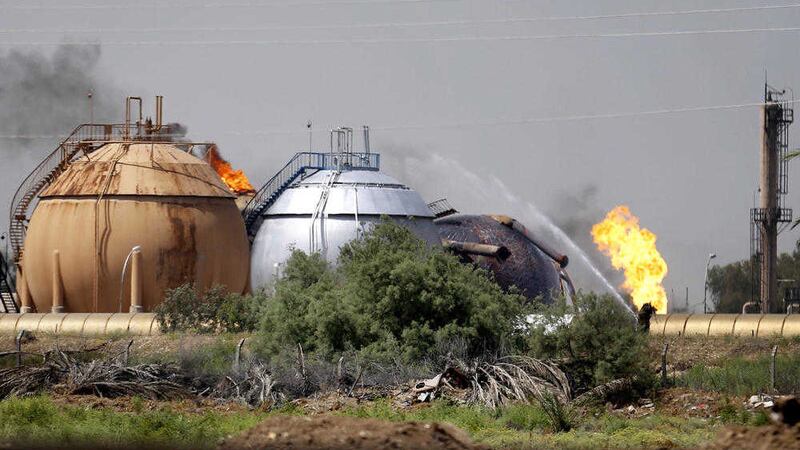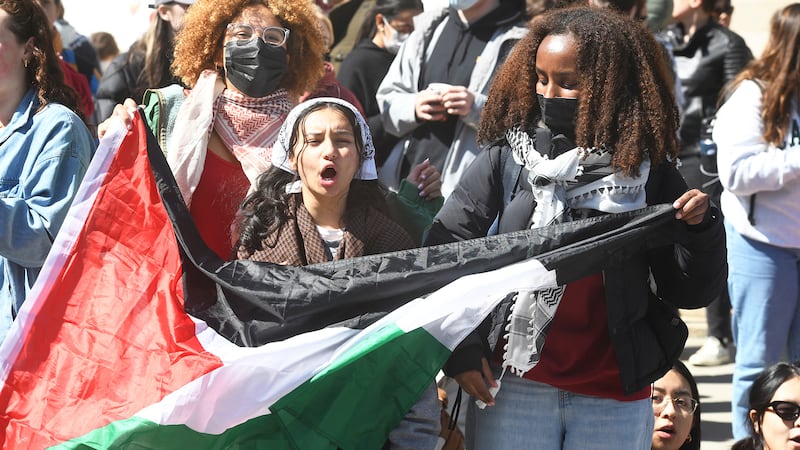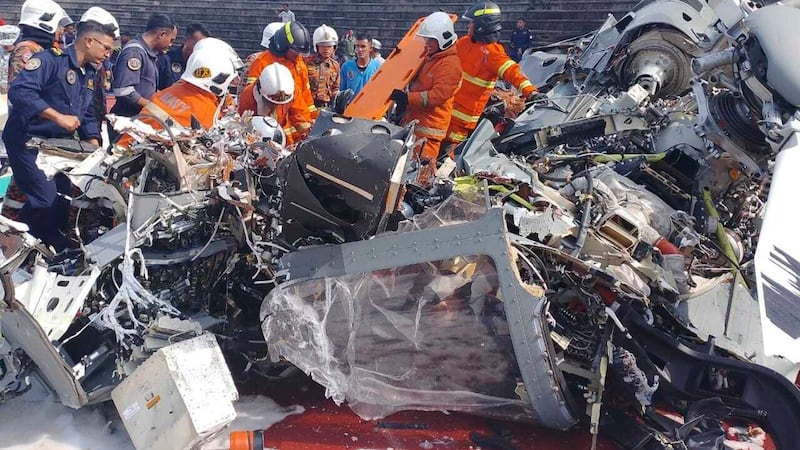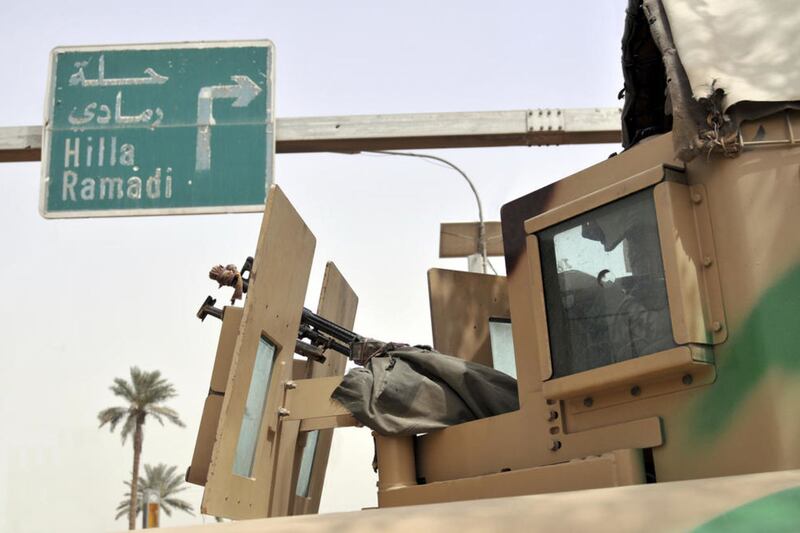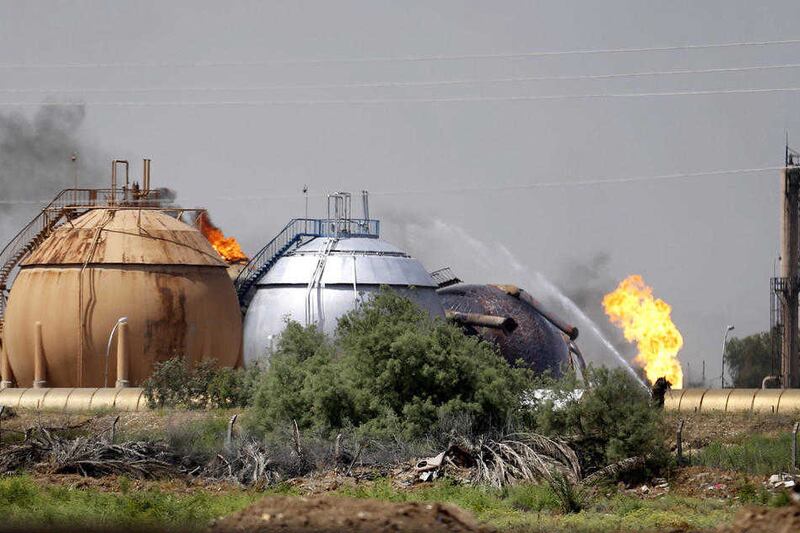AT least 69 people have been killed in Iraq by a wave of car bombs in Shiite-dominated neighbourhoods of Baghdad.
The Islamic State group has claimed responsibility for the deadliest bombing of the day, which took place in Baghdad's north-eastern Shaab neighbourhood where at least 34 people were killed and 75 injured.
In that attack, a roadside bomb first exploded outside the concrete blast walls surrounding an open-air market, followed by a suicide bomber who blew himself up as people gathered to help the victims of the first explosion.
IS said in an online statement that the attack was carried out by an Iraqi who targeted members of Shiite militias.
Later a parked car bomb struck a fruit and vegetable market in the Shiite-dominated neighbourhood of Dora, in southern Baghdad, killing eight people and injuring 22.
In Baghdad's sprawling eastern Shiite district of Sadr City, a suicide car bombing hit a crowded outdoor market, killing 18 people and wounding 35.
In north-east Baghdad, a suicide bomber targeted a restaurant in the Habibiya neighbourhood, killing nine and injuring 18.
The bombings are the latest in a wave of attacks in Baghdad and surrounding areas that have left more than 200 dead over the past week. The attacks, many claimed by IS, come as the group has lost significant chunks of territory to Iraqi ground forces over the past year.
As the Islamic State militants are pushed back along front lines, the group is increasingly turning to insurgency-style attacks to detract from their losses, Iraqi and coalition officials say.
Iraq is also in the midst of a political crisis that has gridlocked the country's government. While Iraqi security officials say they are concerned political instability is distracting from the fight against IS, some analysts say the extremist group is launching the attacks at a time of political crisis in an attempt to further delegitimise the Iraqi government.
Commercial and public places in Shiite-dominated areas are among the most frequent targets for the Sunni militants seeking to undermine Iraqi government efforts to maintain security inside the capital. Since the summer of 2014, IS has controlled significant areas in northern and western Iraq, including the country's second-largest city of Mosul.
Earlier on Tuesday Iraqi oil workers resumed work at a natural gas plant north of Baghdad, two days after a coordinated IS dawn assault left at least 14 people there dead.
An attack on Sunday in the town of Taji, about 12 miles north of Baghdad, saw a suicide car bombing at the facility's main gate, followed by several IS fighters breaking into the plant where they clashed with security forces for hours before the attackers were repelled.
The dead included six civilians and eight security forces while 27 Iraqi troops were injured.
Deputy oil minister Hamid Younis said work at the plant's three production lines returned "to normal levels" on Tuesday.
He said the plant was back to full capacity of producing 30,000 cooking gas cylinders a day, adding that Sunday's attack had only damaged two gas storages and a few pipelines.
Iraqi state TV showed workers in navy blue overalls filling metal and plastic cylinders on conveyor belts and forklift trucks loading cylinders into trucks.
The assault on Taji came as Islamic State militants are being pushed back along several front lines in Iraq, prompting the Sunni extremists to increasingly turn to insurgency-style attacks to detract from their losses.
IS-claimed attacks have killed more than 140 people since last week in Iraq. In 2014, IS declared an Islamic caliphate on the territory it holds in Iraq and Syria and at the height of its power was estimated to hold nearly a third of both Iraq and Syria. Iraq's government says the group's hold has since shrunk to 14 per cent of Iraq's territory.
But despite battlefield successes against IS, Iraq's political leadership is in disarray. Parliament has not met for more than two weeks after supporters of influential Shiite cleric Muqtada al-Sadr stormed Baghdad's highly fortified Green Zone. The breach followed repeated delays to government reform legislation that politicians claimed would fight Iraq's entrenched corruption.
